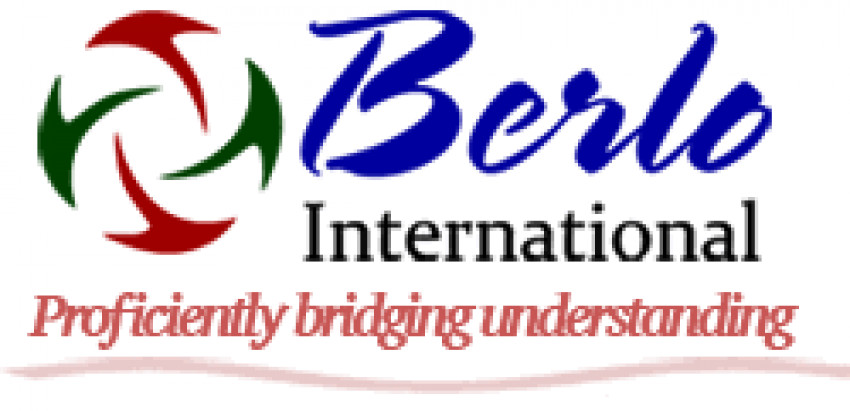
As a translator in Singapore, have you ever gotten requests to resubmit your translations because the client wasn’t happy with your work? As with any form of professional translation, it is crucial that one as a translator knows what to look out for or be careful of before submitting translations. Many a times, amateur translators tend to overlook this important process of QC-ing (quality checking) their translations before they hand it in. Why use up your extra time and effort in back-and-forth exchanges with the client who keeps on pointing out the areas that you missed out, when you can get most of the problems resolved within the first few revisions?
To understand what quality control in Singapore’s translation scene mean, think of how construction companies carry out their ‘Quality control’ system: companies basically have to ensure that their projects meet the guidelines and standards as stipulated by their clients which have already been established at the beginning of the project. Most of the time, it also includes delivering the completed project within a specified timeline.
Similarly, a basic system of quality control for almost all companies offering certified translations Singapore would of course be meeting tight deadlines and ensuring the highest accuracy of the translated material. However, the difference would lie in how the idea of ‘quality’ varies across the various translation service providers.
For instance, a good quality medical translation would place higher emphasis on data/headings or the accurate usage of medical terms. On the contrary, a translation of a children’s book would simply require the use of everyday language that is easy to understand for the target age group. In other words, the target audience acts as the ‘benchmark’ per se that determines the level of grammar and vocabulary that one should translate at to allow for the best possible understanding of the source content. Only when a consensus is achieved between the translator and the client, can the translation then be said to be of decent ‘quality’ at the very least.
Having a good ‘quality control’ system in place is essential for aspiring or amateur translators, and especially so for certified translation companies or service providers in Singapore, where legal or notarized translation projects require in-depth understanding and working knowledge of the client’s needs as well as the needs of the organization the translation will be used at. This is why, after understanding the importance of quality control in translation, we will next be looking at how this ‘quality control’ works in allowing translation service providers to achieve quality translations.





